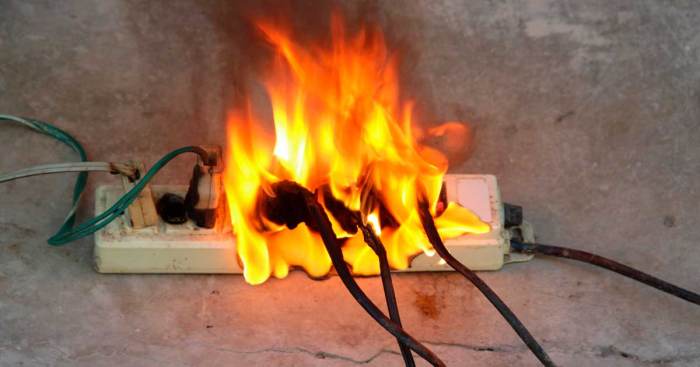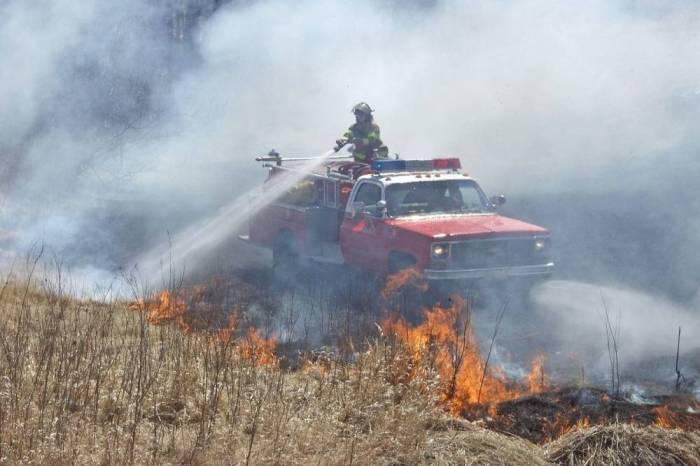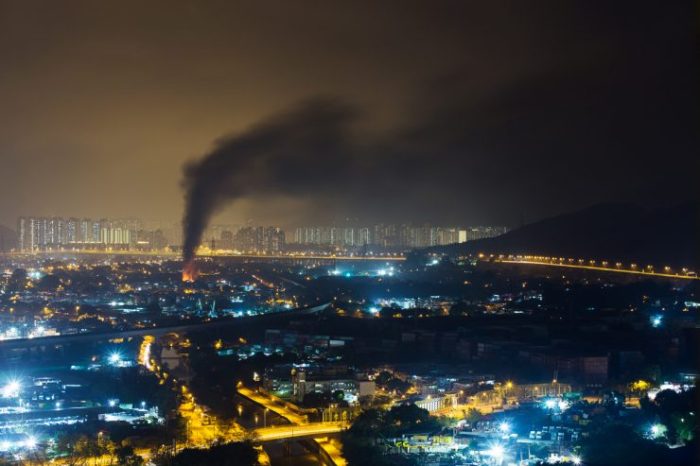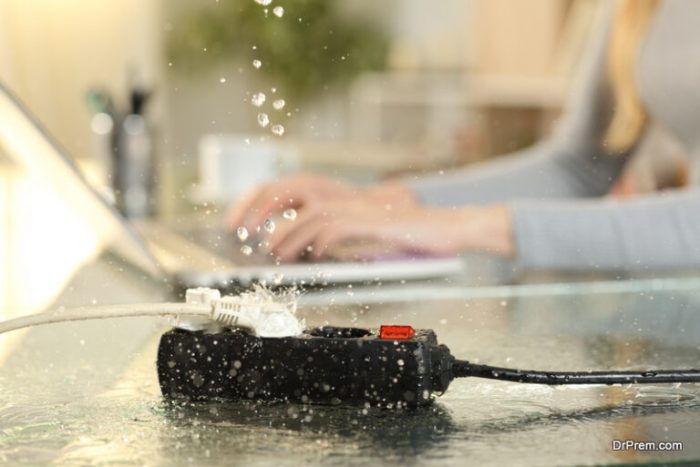Can water and electricity cause a fire? The answer is a resounding yes. Water, an excellent conductor of electricity, poses significant risks when combined with electrical currents. This article delves into the interplay between water and electricity, exploring the conditions that make water a conductor, real-world examples of water-induced electrical fires, and practical strategies to prevent and mitigate these hazards.
Electrical hazards associated with water can manifest in various forms. Water can damage electrical equipment, increasing the likelihood of short circuits. Moreover, wet environments promote corrosion, further compromising electrical integrity. Understanding these hazards is crucial for ensuring safety when working with electricity in the presence of water.
Water and Electricity: A Risky Combination: Can Water And Electricity Cause A Fire

Water and electricity are essential components of our modern world, but their interaction can pose serious fire hazards. Understanding the principles behind this dangerous combination is crucial for preventing and mitigating electrical fires.
Conditions for Electrical Conductivity in Water
Pure water is a poor conductor of electricity. However, the presence of dissolved minerals, salts, or impurities can significantly increase its conductivity. These substances create a pathway for electrical current to flow, making water a potential conductor.
Examples of Water-Related Electrical Fires, Can water and electricity cause a fire
Electrical fires caused by water are not uncommon. Examples include:
- Water spilling onto electrical outlets or appliances
- Flooding in basements or crawl spaces, submerging electrical wires
- Contact between electrical cords and wet surfaces
Electrical Hazards Associated with Water
Water poses several electrical hazards, including:
- Short circuits:Water can bridge the gap between live wires, creating a short circuit that can lead to overheating and sparking.
- Electrocution:Water can provide a path for electrical current to flow through the body, causing electrocution.
- Equipment damage:Water can damage electrical equipment, increasing the risk of future malfunctions and fires.
Importance of Safety Measures in Wet Environments
Working with electricity in wet environments requires strict adherence to safety measures, such as:
- Using waterproof or water-resistant electrical equipment
- Ensuring proper grounding and insulation
- Inspecting electrical components regularly for signs of damage
- Avoiding contact with electrical outlets or appliances when wet
Prevention and Mitigation Strategies
Preventing fires caused by water and electricity involves several key strategies:
- Proper grounding:Grounding provides a safe path for electrical current to flow, preventing it from flowing through water.
- Insulation:Insulating electrical wires and components prevents water from coming into contact with them.
- Regular inspections and maintenance:Regularly inspecting electrical systems and appliances for damage or wear can identify potential hazards before they cause fires.
Fire Safety in Wet Environments
Wet environments pose specific fire hazards due to the increased risk of electrical malfunctions:
- Bathrooms:Water and electrical appliances (e.g., hair dryers, curling irons) can be a dangerous combination.
- Kitchens:Spills and leaks around sinks, dishwashers, and other appliances can create electrical hazards.
- Outdoor areas:Rain, snow, and humidity can increase the risk of water-related electrical fires.
To ensure safety in wet environments, it is essential to use water-resistant electrical appliances and fixtures, avoid using electrical equipment when wet, and follow proper electrical practices.
FAQ Corner
Can water conduct electricity even if it is pure?
Yes, pure water is a poor conductor of electricity. However, impurities, such as dissolved minerals or salts, make water an excellent conductor.
What is the role of grounding in preventing electrical fires?
Grounding provides a safe path for electrical current to flow, preventing it from accumulating and causing a fire.
Why is it important to use water-resistant electrical appliances in wet environments?
Water-resistant appliances minimize the risk of electrical shock and fires by preventing water from penetrating electrical components.


